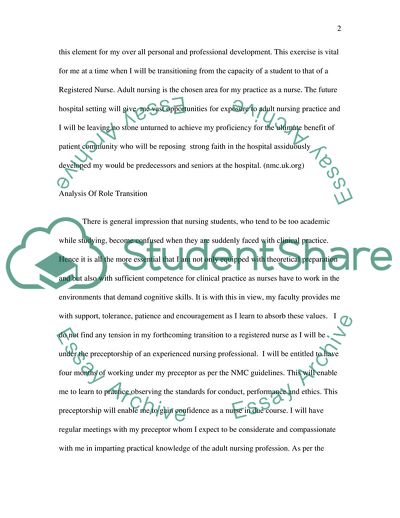Cite this document
(Knowledge to Enhance Quality of Care in Adult Nursing Coursework, n.d.)
Knowledge to Enhance Quality of Care in Adult Nursing Coursework. Retrieved from https://studentshare.org/nursing/1717587-za2007-knowledge-to-enhance-quality-of-care-in-adult-nursing
Knowledge to Enhance Quality of Care in Adult Nursing Coursework. Retrieved from https://studentshare.org/nursing/1717587-za2007-knowledge-to-enhance-quality-of-care-in-adult-nursing
(Knowledge to Enhance Quality of Care in Adult Nursing Coursework)
Knowledge to Enhance Quality of Care in Adult Nursing Coursework. https://studentshare.org/nursing/1717587-za2007-knowledge-to-enhance-quality-of-care-in-adult-nursing.
Knowledge to Enhance Quality of Care in Adult Nursing Coursework. https://studentshare.org/nursing/1717587-za2007-knowledge-to-enhance-quality-of-care-in-adult-nursing.
“Knowledge to Enhance Quality of Care in Adult Nursing Coursework”. https://studentshare.org/nursing/1717587-za2007-knowledge-to-enhance-quality-of-care-in-adult-nursing.


